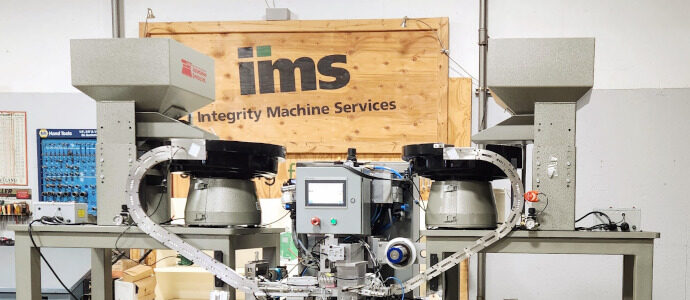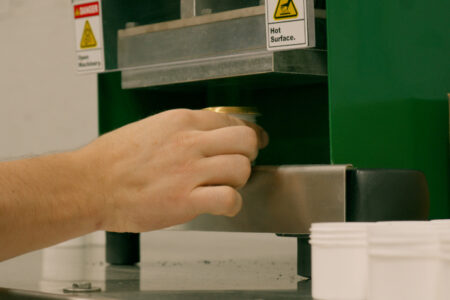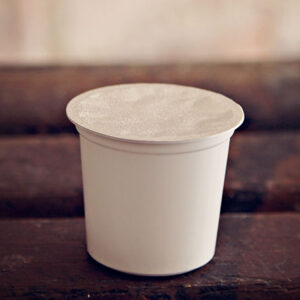
Foil Sealing Machines: Types, Applications, & Benefits
When companies need to hermetically seal bottles, jars, cartons, aerosol containers, boxes, pouches, or blister packs, they invariably turn to foil sealing machines. These machines are critical to extending the shelf life of fluids, sprays, powders, liquids, jams, confection items, and other substances for various commercial, industrial, and consumer markets.
Types of Foil Sealing Machines
Foil sealing machines use an electromagnetic induction process to create an airtight seal on the containers before capping. The seal is created on the mouth (top) of the bottle or containment device. This all-important process makes a permanent bond for the seal and protects the contents during transport.
The two primary types of foil sealing machines are manual and automated—both require the application of heat and pressure to create the seal.
Manual Foil Sealing Machines
Manual sealing machines, often called hand sealers, are manually-operated sealing machines with a heating element. This element raises the sealing bars or wires to a specific temperature.
The containment device is positioned on a platform within the sealing machine, where heat and pressure are applied to create the seal. Operators must then wait a few seconds to ensure the seal is secure.
Advantages
While the speed of manual sealing machines is limited, there are several advantages to using manual machines, outlined below.
- Cost-Effective & Readily Available
- Portable & Easily Transported
- Versatility/Can Be Used for Multiple Applications
- Multiple Sizes Are Available
- Works Well With Many Packaging Materials
- Provides a Strong, Airtight Bond
Automated Foil Sealing Machines
Automated sealing machines are typically associated with bulk packaging, where packaging and sealing cycle times are measured in seconds. These machines use an electromagnetic induction process to create the seal. They can handle and seal a high volume of containment devices with different profiles, geometries, and sealing surfaces.
Advantages
Automated sealing machines are energy-efficient solutions that can handle various container materials, including ceramics, composites, plastics, and glass. Their high throughput makes them ideal for large-volume packaging runs. Other benefits include:
- Proactive: Machine sensors constantly track the packaging process and immediately shut down when an error occurs.
- Easy-to-Use: A simple user interface allows operators to set packaging and heat parameters.
- Reduced Costs: There are lower labor and packaging costs as the system does not require constant monitoring and is self-operating.
- High Speed: Cycle times for sealing are measured in seconds, meaning automated systems are ideal for high-volume packaging.
- Versatility: Automated systems can work with various containment device materials and envelope configurations.
Industry Applications
These systems have endless applications within the cosmetics, food and beverage, pharmaceuticals, medical, chemical, petrochemical, defense, aerospace, and other commercial, industrial, and consumer markets. Any situation where the contents of a container must be hermetically sealed or protected against the elements and contamination is ideal for these machines.
Have Questions? Contact IMS
Founded in 1993, IMS is a reliable, experienced, and customer-centric packaging innovator for companies in many industries. We’ve established a reputation for our engineering know-how, innovative designs, and customer service excellence. Please visit our blog to learn more about the benefits and applications of foil sealing machines. If you want to learn more about our solutions, please contact us today to speak with one of our experts.


